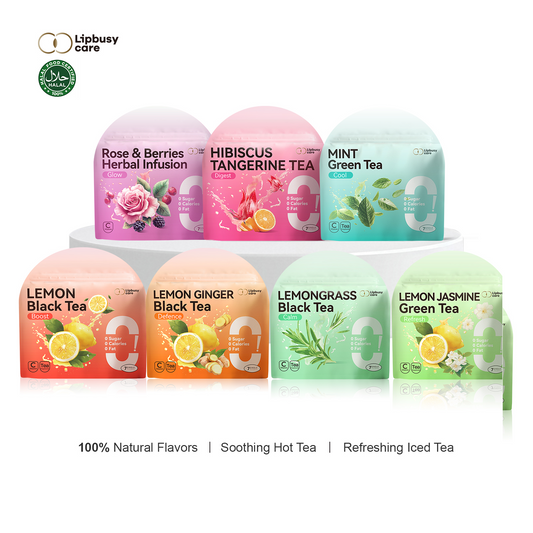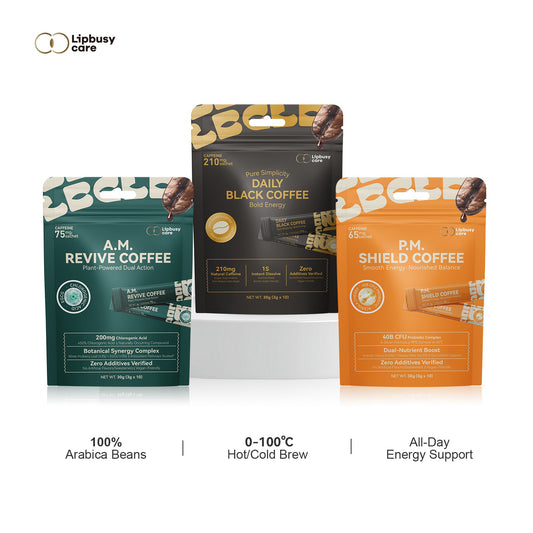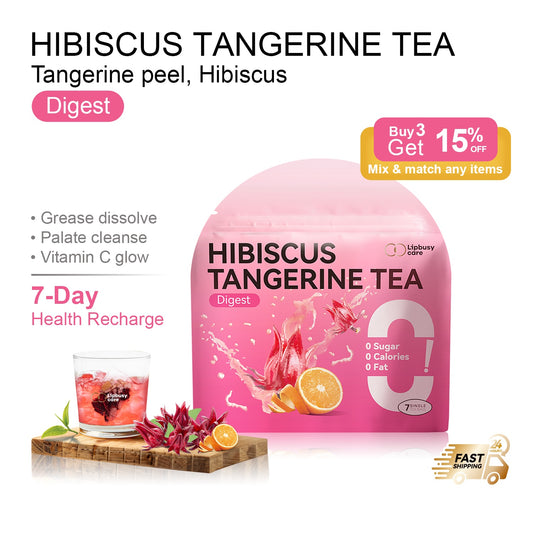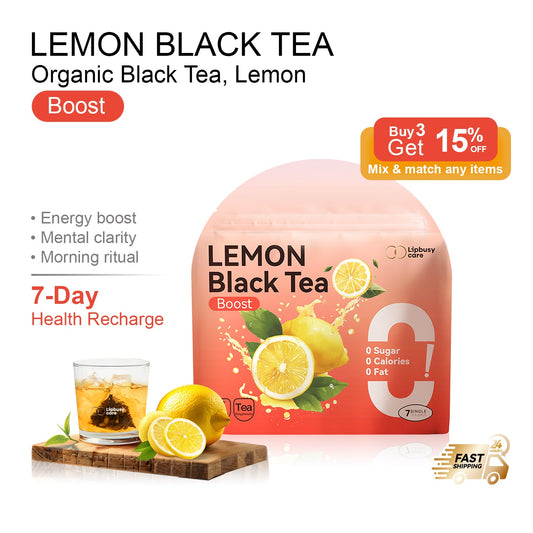
Does Black Tea Have Caffeine? Facts, Benefits & How Much to Drink
Share
If you’re a tea lover, chances are you’ve sipped on a cup of black tea at some point. It’s bold, comforting, and pairs perfectly with everything from breakfast toast to afternoon cookies. But one of the most common questions people ask is: does black tea have caffeine?
The short answer: yes, it does. But the story doesn’t end there. Let’s break it down in a way that actually makes sense for daily life.
How Much Caffeine Is in Black Tea?
On average, an 8-ounce cup of black tea has about 40–70 mg of caffeine. To put that into perspective:
- A cup of coffee? Roughly 95–120 mg.
- A can of cola? About 30–40 mg.
- A cup of green tea? Usually 25–45 mg.
So black tea sits right in the middle—stronger than green tea, lighter than coffee. That’s why so many people see it as the perfect balance. Enough caffeine to wake you up, but not enough to send your heart racing.
Why People Choose Black Tea Over Coffee

We all know coffee can be a little… aggressive. The quick energy spike is great, but the crash later? Not so fun. Black tea, on the other hand, releases energy more gradually. That’s thanks to L-theanine, an amino acid naturally found in tea. It works hand-in-hand with caffeine to give you focus without the jitters.
So if you’ve ever had a stressful morning and needed something to keep you sharp—but calm—black tea might just be your new best friend.
Is It Safe to Drink Black Tea Every Day?

For most people, yes. Experts generally recommend keeping daily caffeine intake under 400 mg (that’s according to the FDA). Since a cup of black tea has less than 100 mg, you’d need to drink several cups before hitting that limit.
That said, everyone’s sensitivity to caffeine is different. If you know you’re prone to insomnia or you’re sensitive to stimulants, try cutting off your tea time after the afternoon. Switch to an herbal tea in the evening—it’s naturally caffeine-free.
The Extra Benefits of Black Tea

Here’s the part people often forget: black tea isn’t just about caffeine. It also brings some impressive health benefits to the table. Studies suggest that black tea:
- Supports heart health by helping regulate blood pressure.
- Contains antioxidants (called polyphenols) that protect cells from damage.
- May improve gut health and digestion.
- Can even support focus and alertness without the intensity of coffee.
- And let’s be real—sometimes the benefit is just having a cozy moment with your mug. Mental health counts too, right?
How Black Tea Compares to Other Teas
If you’re still wondering where black tea stands among its “cousins”:
- Green Tea: Lower caffeine, more grassy in taste, often praised for weight-loss support.
- Oolong Tea: Somewhere between green and black in both flavor and caffeine.
- Herbal Teas: Usually caffeine-free (think chamomile or hibiscus).
So black tea is the go-to when you want something bold, energizing, and still manageable on the caffeine scale.
So, Does Black Tea Have Caffeine?
Yes—but it’s a good kind of yes. Enough to wake you up, not enough to knock you out of balance. For many people, that makes it one of the best teas to drink daily.
Whether you take it plain, add a splash of milk, or brew it iced on a hot afternoon, black tea gives you both flavor and function. If you’ve been looking for an alternative to coffee—or just want to explore more types of tea—it might be time to give black tea a bigger role in your routine.




